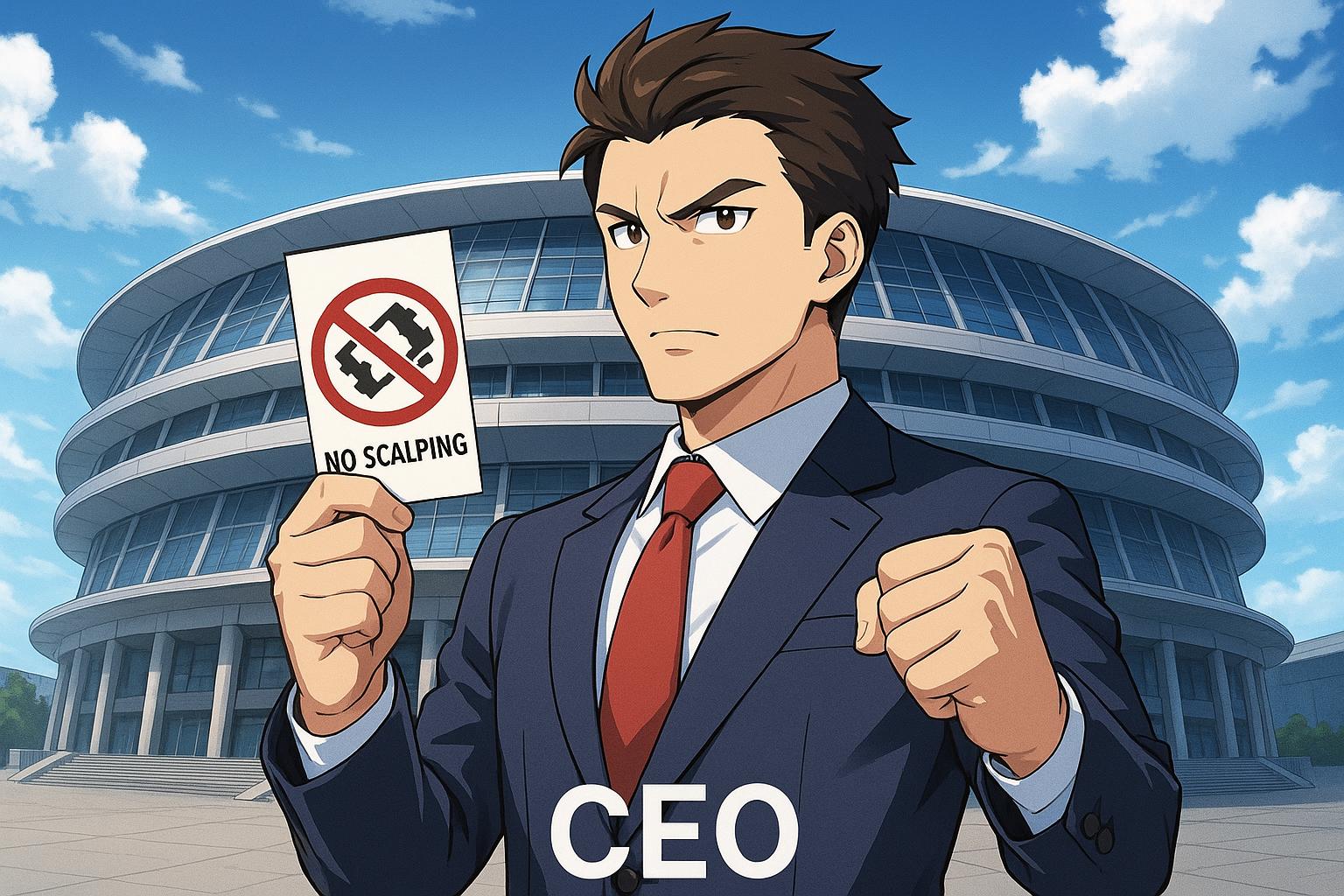Tim Leiweke, chief executive of Oak View Group, one of the co-owners of Co-op Live in Manchester, is calling for more stringent regulations to combat ticket touting, which he argues undermines the integrity of the live music industry. As the co-owner of the UK's largest indoor arena, Leiweke has witnessed first-hand the challenges posed by the secondary market for ticket resales, which he claims exploits fans.
In recent comments, Leiweke stressed the necessity of legislative action to empower venues to deny entry to individuals possessing tickets acquired from touts. “The biggest problem in our industry is secondary scalpers that have no skin in the game,” he remarked in conversation with a news agency. He added that such practices not only deprive artists and venues of revenue from legitimate ticket sales but also degrade the overall experience for fans.
Leiweke's call for action comes amidst reports detailing the considerable financial and operational hurdles faced by Co-op Live since its inception. An independent report published by planning consultancy Lichfields highlighted that the venue has contributed over £1.3 billion to the local and national economy since construction began in 2021. However, the venue's opening has been marred by a series of setbacks, including substantial cost overruns—initial projections of £365 million ballooned to over £450 million—and repeated delays attributed to technical and safety issues. The venue ultimately launched on May 14, 2024, with a concert by British band Elbow, following multiple cancellations of earlier high-profile events due to ventilation and electrical issues.
The financial implications of these delays were significant. Reports indicate that Bam Construction, the main contractor, faced substantial losses and difficulties tied to the arena's inflated construction costs. Issues such as incomplete electrical systems and emergency communication failures hindered operations, prompting critical public scrutiny.
Further complicating the picture was the broader context of staffing shortages and supply chain disruptions exacerbated by Brexit and the COVID-19 pandemic. Leiweke expressed frustration over these challenges, noting that a lack of skilled workers has stifled progress on vital projects, even in the face of increased wages.
Reflecting on the path to opening, he admitted, “Most people don’t get to go to hell and back in one year, but we’ve certainly been in both places.” Despite this tumultuous journey, Leiweke remains optimistic about the venue’s future and is seeking additional investment to enhance its offerings. He has further indicated intentions to establish a new, larger arena in London, promising a world-class venue that could rival existing facilities.
Nonetheless, the debate surrounding ticket touting and its impact on both the economy and fan experience looms large over the industry. Leiweke insists that a regulated platform for ticket resale is crucial, suggesting that such a system would help ensure that ticket sales remain fair and transparent. “Secondary ticket scalpers are not good for the economy, not good for the industry and sure as hell aren’t good for the fans,” he asserted.
As the live music sector continues to navigate these choppy waters, the call for regulatory intervention could signal a bigger shift towards protecting both consumers and legitimate businesses in what has become a fraught marketplace.
Reference Map
- Paragraph 1, 2, 3, 4
- Paragraph 3, 4, 5
- Paragraph 2, 4, 5
- Paragraph 3, 4
- Paragraph 3, 4, 5
- Paragraph 3, 4, 5
- Paragraph 4, 5
Source: Noah Wire Services
